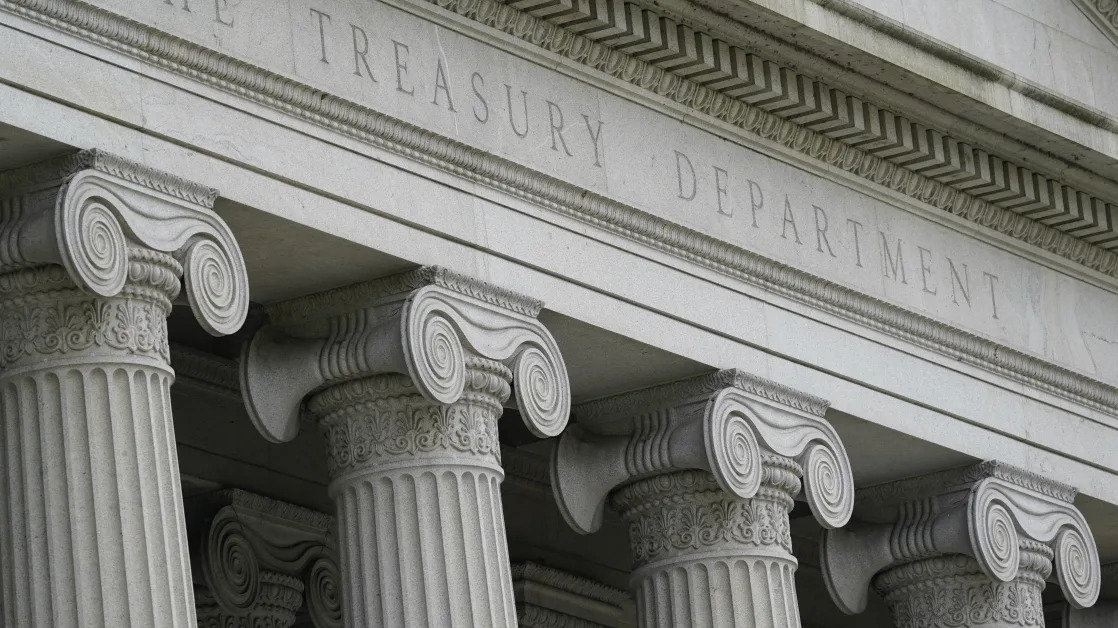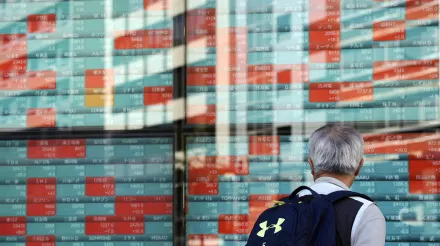By Lewis Krauskopf
NEW YORK (Reuters) -U.S. inflation data in the coming week could test the nerves of stock investors and further inflame worries about rising Treasury yields and uncertainty over Donald Trump's policy plans.
After back-to-back standout years, the stock market has wobbled out of the gate in 2025, with the benchmark S&P 500 down about 1% so far this year.
A revival of inflation is seen as one of the key risks facing equities, with the Federal Reserve already pulling back on its projected interest rate cuts because it expects inflation to rise at a faster pace than it had previously anticipated.
Markets pushed out expectations for a next rate cut until June after a blowout U.S. jobs report on Friday, with stocks falling sharply and Treasury yields hitting fresh milestones following the December employment data.
The monthly consumer price index, due on Jan 15, is among the most closely watched inflation measures and could spark further market volatility if it comes in higher than expectations, investors said.
Monthly inflation data can have an "outsized presence in the market," said Marta Norton, chief investment strategist at retirement and wealth services provider Empower.
"If we were to see inflation re-accelerate, that would be concerning to markets," Norton said. "There's just this kind of pins and needles moment with every inflation print."
Focus turned to the inflation data following the surprisingly strong employment report for December. Payrolls soared by 256,000, well above the 160,000 estimate, while the unemployment rate fell to 4.1%.
The strong jobs growth "has added to the uncertainty about the trend in inflation, as well as the prospects for the Fed to cut interest rates in 2025," said Sam Stovall, chief investment strategist at CFRA.
The December CPI is expected to show a 0.3% increase on a monthly basis, according to a Reuters poll.
While the Fed was confident enough that inflation had moderated to start cutting interest rates in September, the pace of annual inflation has remained above the Fed's 2% target. The Fed now projects inflation will rise 2.5% in 2025.
Minutes from the Fed's latest meeting, released on Wednesday, showed officials also worried that Trump's policies on trade and immigration could prolong the effort to bring down inflation.
The Fed is widely expected to pause its rate-cutting cycle at its next meeting at the end of the month, but firmer-than-expected CPI data could push back market projections for further easing even later in the year.
Given "looming questions" about fiscal policy and potential tariffs, "if the inflationary picture that we have absent those risks is also moving in the wrong direction, I think that might challenge market expectations," said Matt Orton, chief market strategist at Raymond James Investment Management.
A hot CPI number also could further lift Treasury yields and have broad fallout. A selloff this week in government bonds around the world, which included 10-year UK gilt yields hitting their highest level since 2008, sent ripples through financial markets. Yields rise when bond prices fall.
Following the jobs data, the benchmark 10-year Treasury yield hit 4.79%, its highest level since November 2023. Higher yields can pressure stocks in several ways, including raising borrowing costs for consumers and companies. A rise in Treasury yields can improve the attractiveness for lower-risk bonds, increasing investment competition for equities.
The CPI data headlines a busy few weeks for markets. Earnings results from major banks such as JPMorgan and Goldman Sachs in the coming week kick off fourth-quarter reports for U.S. companies. S&P 500 company earnings are expected to have climbed nearly 10% in the quarter from a year earlier, according to LSEG IBES.
President elect Trump will also take office on Jan 20. Investors are bracing for quick action from his administration in areas such as tariffs on imports from China and other trading partners, as well as stricter controls on immigration.
Speculation about Trump's plans is already jostling markets. For example, the dollar fell and European stocks rose after a Washington Post report this week said Trump's aides were exploring tariff plans that would only cover critical imports. Trump denied the report.
"We are still waiting to understand the strength of the bite with Donald Trump’s bark," said Bryant VanCronkhite, senior portfolio manager at Allspring Global Investments.





